The Color of Salt – Tinting & Toning Workshop
- Tri-X Reversal Developed with T56 (Selenium/Sepia) [Image: Kevin Rice]
- Tri-X Reversal Developed with T56 (Selenium/Sepia) [Image: Kevin Rice]
- Tinting with Dye & Mordant [image: no.w.here]
(Note: This workshop has already occurred. Check out our blog to see some of the work produced: Entry 1)
Tinting & Toning Workshop – An Abstract:
From the Daguerreotype to today’s modern film emulsions, tinting and toning has had an almost mythical presence throughout the history of film.
Practically, it is the process of converting black and white images into colour – but in another sense, it is an entirely new medium unto itself. Once familiar with the process, you will find that it leads to new ideas, journeys, and worlds of colour without beginning or end…
In this workshop, participants will have the opportunity to discuss, watch and experience the use of several tinters and toners on motion picture film such as Selenium, Copper, Iron, Mordant Dyeing and Tea. Techniques that will be covered include toning to completion, split toning, partial toning, duo-toning, selective toning and developing reversal by toner.
Additionally, as part of this workshop, we will be toning scenes from a 35mm print of Charlie Chaplin’s Gold Rush and projecting the final results. Also, see below for documentation of previous tinting & toning workshops:
Attending the Workshop:
This workshop will be occurring across three dates (March 12th, March 14th & March 19th, 2013) and between the hours of 1:30 PM & 3:00 PM (Mountain Time).
Due to the generous contributions of Sarah Biagini and Kevin Rice, this workshop will be free and open to the public, including the use of chemistry, film stock and film equipment. However, both space and resources are limited and therefore we can not guarantee that we will be able to facilitate all prospective participants. Therefore, it is in your best interest to contact us and reserve a space ahead of time.
There are no additional requirements for workshop attendance.
Selected Screenings:
(Note: not all works will be shown in their entirety, or perhaps even at all. Additionally, we will not be able to secure prints for this workshop, unless otherwise noted)
- Annabelle Serpentine Dance (William K.L. Dickson and William Heise, 1894)
- Passion (Jürgen Reble, 1989)
- Wheelchair (Andrew Busti, 2001)
- Le Voyage dans la Lune (Georges Méliès, 1902)
- Das Cabinet des Dr. Caligari (Robert Wiene, 1920)
- Stalker (Andrei Tarkovsky, 1979)
- Hand Tinting (Joyce Wieland, 1967)
- Hardwood Process (David Gatten, 1996)
- Various technical documentations
Further/ Suggested Readings:
Copies of these books will be provided during the workshop and can also be secured at various local libraries:
- The Master Photographers Toning Book (Tim Rudman)
- The Darkroom Cookbook (Steve Anchell)
- Tinting and Toning of Eastman Motion Picture Film and various other ephemera on Brian Pritchard website.
Frequently Asked Questions:
Q: I’ve never worked with motion picture film before. Will that limit my experience?
A: No, experience with motion picture film is not necessary when participating in the workshop and we will try and accommodate as many questions you have possible before, during or after the workshop.
Q: I have some film I would like to bring into the workshop to work with. Is this okay?
A: Yes, but there are a few things you should keep in mind when bringing in film for this workshop. First off, because we will be limited on time, your film should already be processed. This will not affect your ability to tint or tone the film. Second, it is recommended that you avoid bringing film of particular value or significance as we cannot guarantee that it will not be damaged or ruined by specific processes. However, the choice is entirely your own.
Additionally, one should keep in mind that while it is possible to tint both black & white and color film, it is only possible to tone black & white film (the difference between these two processes will be discussed more thoroughly in the workshop its self) and therefore you will be limited in what is possible with color film. The only exception to this rule is when the color film has been bleach-bypassed, a specific lab technique which retains the silver in the dense regions of the color emulsion.
Finally, the gauge (i.e. super-8mm, 16mm, 35mm, 70mm, etc) is not important. We will have equipment to deal with all shapes and sizes of celluloid.
Q: I would like to travel to attend the workshop, but I’m not certain if I can afford housing accommodations. Do you provide scholarship?
A: No, but we do have a pool of volunteers that are willing to help people with free accommodations; however, it’s advised that you contact us at least two weeks before the workshop in order to secure permissions.


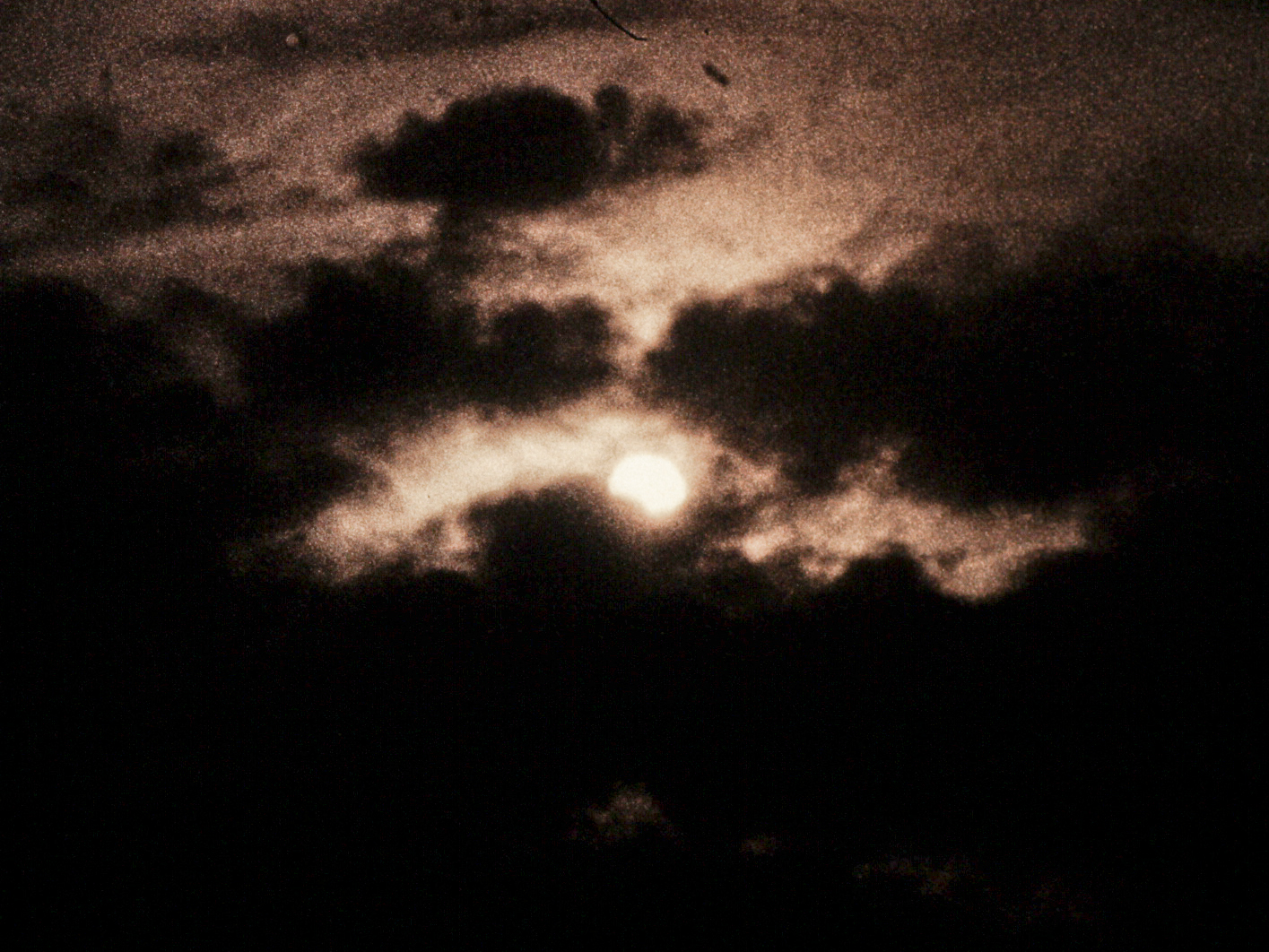
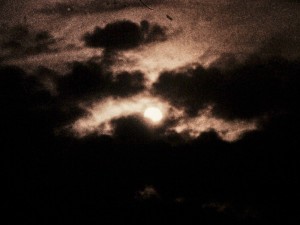
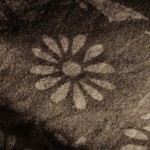

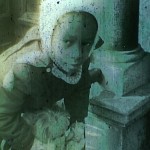
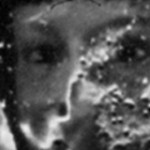
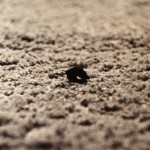
Hello,
Thanks to a google search I found your website. This is a very interesting workshop.
Obviously we share a common passion for film colors.
On my website, I have published a wealth of information about these techniques:
http://zauberklang.ch/filmcolors/
Please enjoy!
Barbara Flueckiger